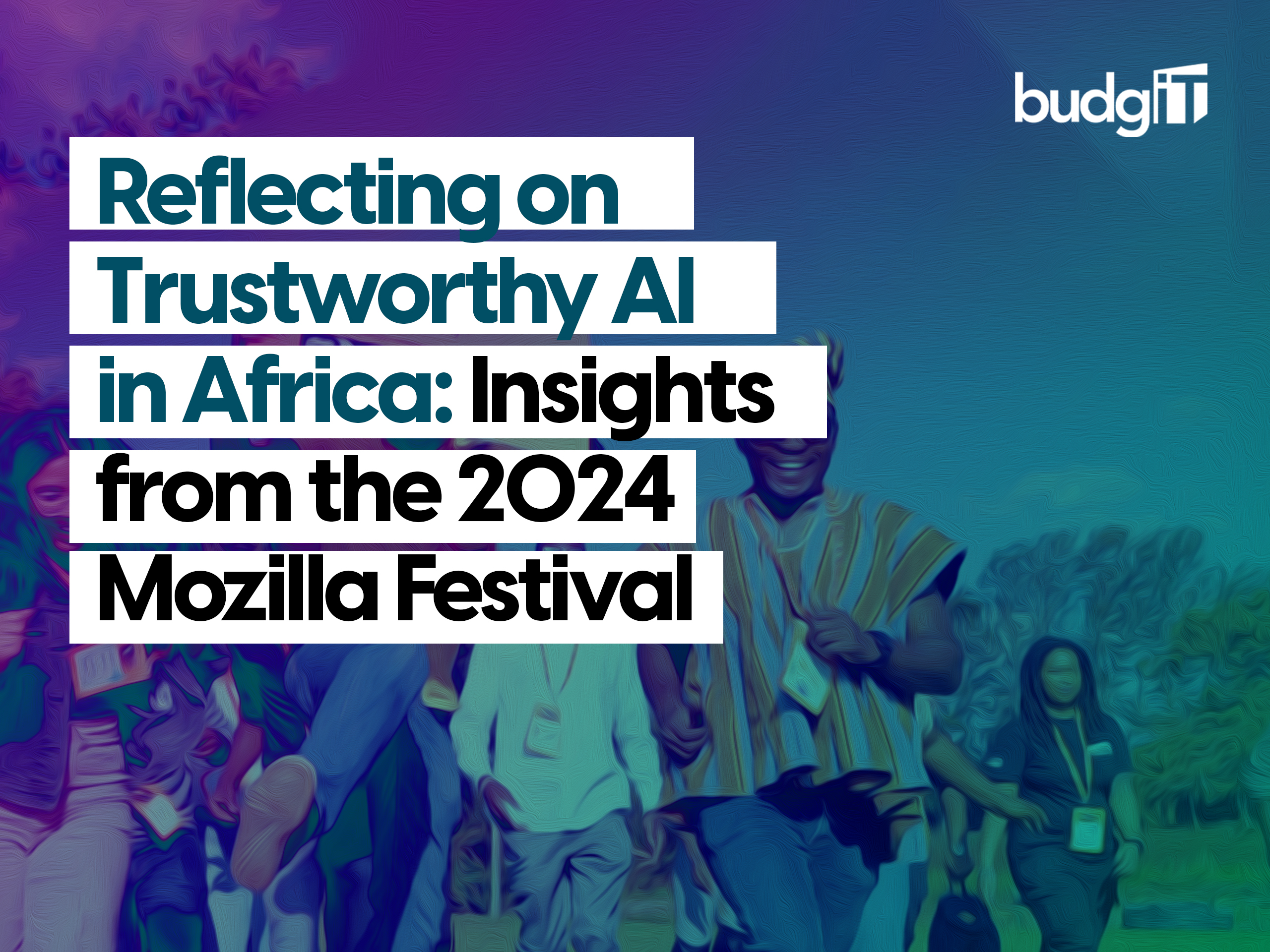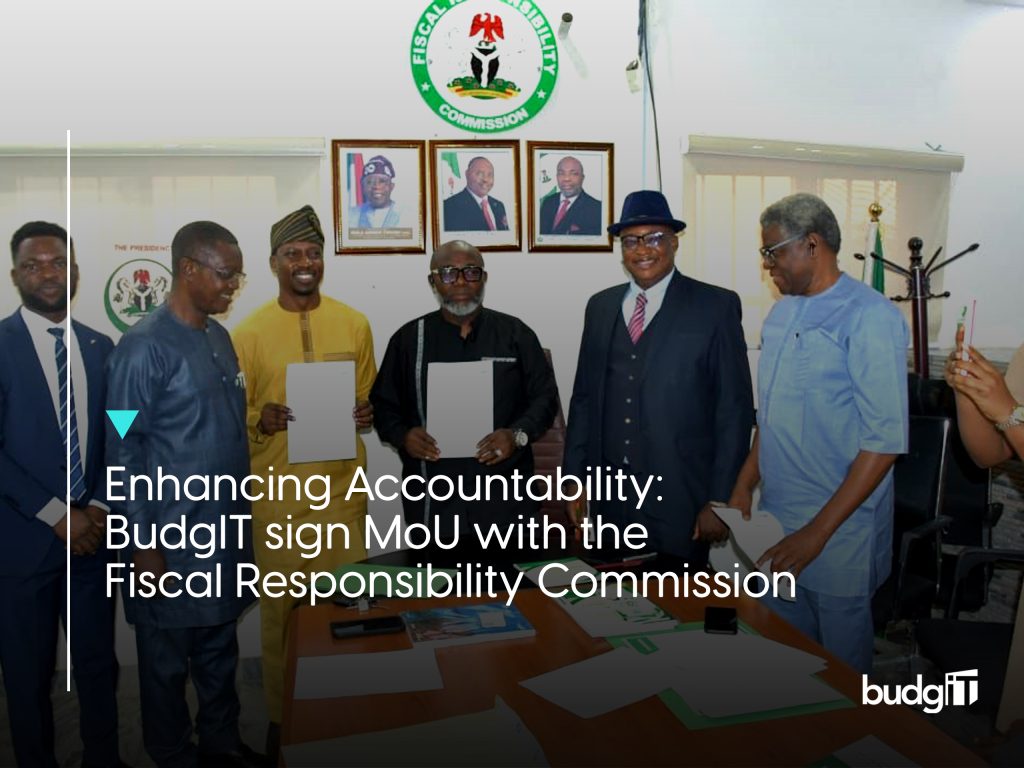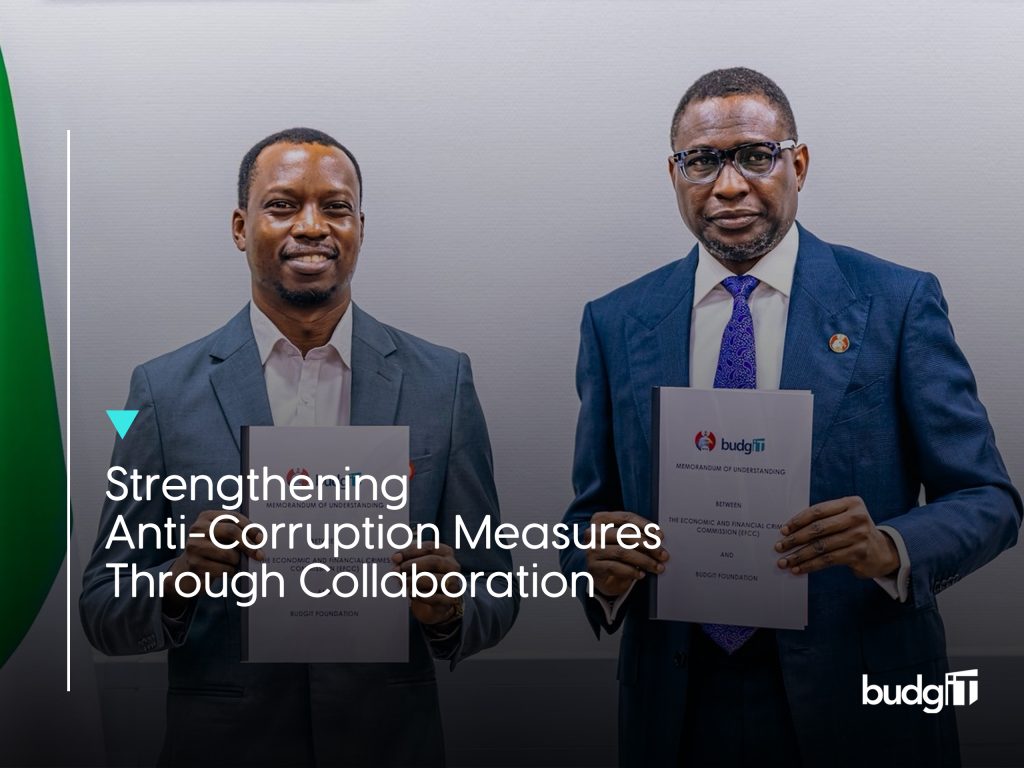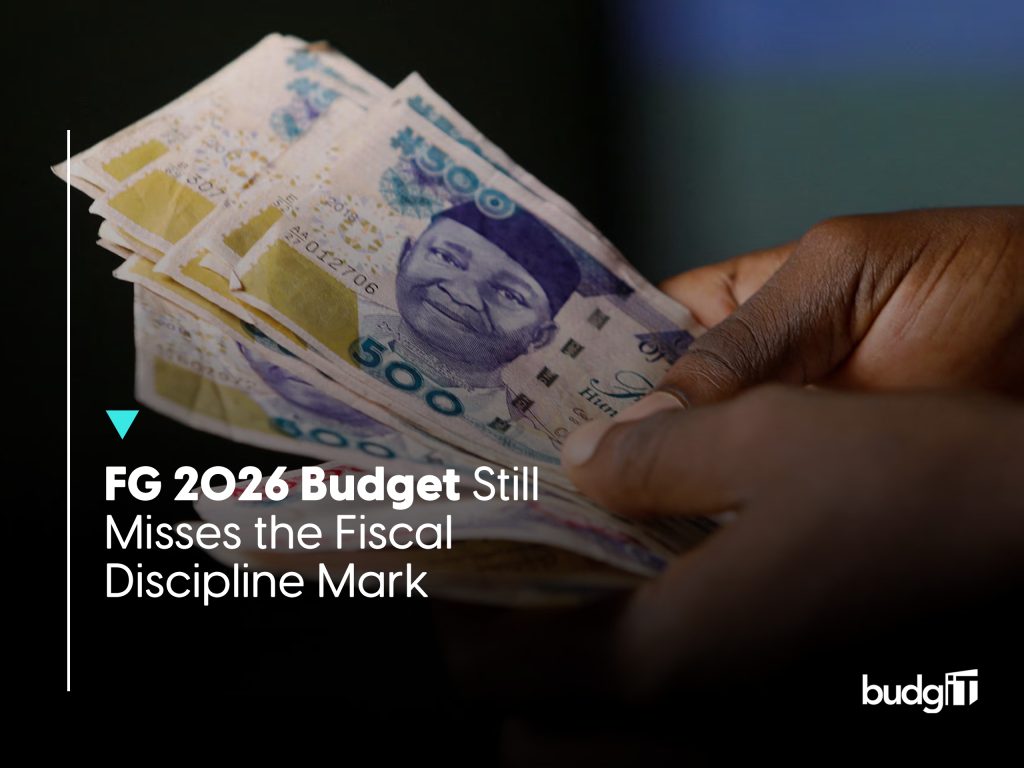Africans are not mere consumers of foreign technologies; they are active stakeholders capable of designing systems that reflect their realities and aspirations.
In November 2024, BudgIT joined leading technologists, civic innovators, policymakers, and digital rights advocates in Lusaka, Zambia, for the Mozilla Festival—Africa’s premier gathering on technology and digital governance. This annual convening served as a critical forum for addressing the opportunities and challenges posed by rapid technological advancements on the continent. With Africa’s digital ecosystem expanding at an unprecedented pace, the festival created space for dialogue on how emerging technologies—particularly artificial intelligence (AI)—can be harnessed to promote inclusive development, accountable governance, and social justice.
A significant highlight of the festival was a breakout session hosted by the African Internet Rights Alliance, facilitated by Adeboro Odunlami, Trust and Safety Champion. Titled “A Collective Action: Achieving Trustworthy AI in Africa,” the session provided a much-needed platform to examine how AI technologies, if not thoughtfully designed, could exacerbate existing inequalities and governance failures across African countries.
The session emphasised how AI technologies, often developed outside the continent, are increasingly shaping African economies, governance structures, and civic spaces. Yet, without deliberate action, these technologies risk entrenching existing inequalities and biases. The discussion focused on how Africa can take proactive steps to ensure AI systems are designed and deployed in ways that are ethical, inclusive, and accountable.
Participants examined the key pillars of trustworthy AI, including transparency, data privacy, algorithmic fairness, and public accountability. The session also addressed the socio-economic realities unique to Africa, such as limited digital infrastructure, uneven access to technology, and the underrepresentation of African voices in global AI development conversations. Notably, the session highlighted the need for collective action—bringing together governments, private sector actors, civil society, and communities to establish governance frameworks that prioritise human rights, social justice, and equitable development outcomes. Facilitator Adeboro Odunlami emphasised the importance of fostering local capacity for AI governance and innovation, stressing that African nations must move beyond being technology consumers to becoming technology creators and regulators.
During the session, Oluwatosin Iseniyi, BudgIT’s AI and Data Lead, shared BudgIT’s commitment to using technology as a tool for public empowerment. He spotlighted how BudgIT integrates inclusivity into its civic technology platforms, such as the GovSpend Portal and Tracka, which democratise access to public financial data and enable citizens to monitor government spending. In his words, technology must serve as a bridge, not a barrier, empowering all citizens, regardless of background, to engage meaningfully in governance processes.
He also highlighted the role of AI and technology in promoting justice. While technology can amplify civic voices and facilitate advocacy, he cautioned against the risks of bias in AI systems that are not intentionally designed for fairness. As a practical example, he introduced BudgIT’s soon-to-be-launched AI chatbot, designed to simplify Nigeria’s complex public financial management (PFM) data and improve citizen access to critical fiscal information. By streamlining how citizens navigate budget and expenditure data, the chatbot will strengthen public accountability and enhance advocacy across diverse communities.
Another key focus of his presentation was the role of digital tools in advancing transparency and governance. Citing Nigeria’s Freedom of Information Act and the Open Treasury Portal as milestones, Oluwatosin emphasised that access to information must evolve beyond transparency alone—it must enable active citizen participation. BudgIT’s GovSpend Portal was presented as a case study in accessible data visualisation, offering citizens a user-friendly platform to explore disaggregated public financial data. Participants from countries including Namibia, Kenya, Zimbabwe, and Botswana expressed keen interest in the platform’s potential to drive similar governance outcomes in their contexts.
Drawing from Nigeria’s experience with the World Bank-supported States Fiscal Transparency, Accountability, and Sustainability (SFTAS) programme, he discussed how sub-national fiscal data transparency is advancing. However, he noted that real progress lies in pairing data access with inclusive governance models that encourage citizens to use this information for public advocacy and accountability.
BudgIT’s participation in the 2024 Mozilla Festival reaffirmed the organisation’s belief that ethical, inclusive, and locally relevant technologies are key to Africa’s digital future. As Oluwatosin highlighted, Africans are not mere consumers of foreign technologies—they are active stakeholders capable of designing systems that reflect their realities and aspirations. At BudgIT, we recognise that trustworthy AI must be more than just functional; it must serve as a tool for empowerment, equity, and justice. Moving forward, BudgIT will continue to advocate for responsible AI development and promote citizen engagement through its civic tech platforms, ensuring that technology is used as a catalyst for inclusive growth and good governance.



